The United Nations Sustainability Goals
The 17 UN Sustainable Development Goals (SDGs) are part of a plan to target the most extreme poverty and tyranny through development, all while taking our planet into greater consideration. These SDGs, established by the United Nations, are an urgent call for action by all countries in global partnership and represent benchmarks for a better world and environment for everyone.
Businesses can help address the environmental, social, and economic targets of the SDGs – and it doesn’t have to be complicated. With more and more consumers looking to buy from sustainable brands you have plenty to gain as well. Interested in finding out how your company can incorporate some key SDG’s? We’ve got you covered.

Climate Action
Climate change is now affecting every country on every continent. It is disrupting national economies and affecting lives, costing people, communities and countries dearly today and even more tomorrow. Weather patterns are changing, sea levels are rising, weather events are becoming more extreme and greenhouse gas emissions are now at their highest levels in history. Without action, the world’s average surface temperature is likely to surpass 3 degrees centigrade this century. The poorest and most vulnerable people are being affected the most.
Life on Land
Forests cover 30.7 per cent of the Earth’s surface and, in addition to providing food security and shelter, they are key to combating climate change, protecting biodiversity and the homes of the indigenous population. By protecting forests, we will also be able to strengthen natural resource management and increase land productivity.
Efforts are being made to manage forests and combat desertification. There are two international agreements being implemented currently that promote the use of resources in an equitable way. Financial investments in support of biodiversity are also being provided.
Life Below Water
The world’s oceans – their temperature, chemistry, currents and life – drive global systems that make the Earth habitable for humankind. Our rainwater, drinking water, weather, climate, coastlines, much of our food, and even the oxygen in the air we breathe, are all ultimately provided and regulated by the sea. Throughout history, oceans and seas have been vital conduits for trade and transportation.
No Poverty
Goal 1 supports poverty and the fact that it has many dimensions. Main causes include unemployment, social exclusion, and high vulnerability of certain populations to disasters, diseases and other phenomena which prevent them from being productive. Growing inequality is detrimental to economic growth and undermines social cohesion, increasing political and social tensions and, in some circumstances, driving instability and conflicts.
